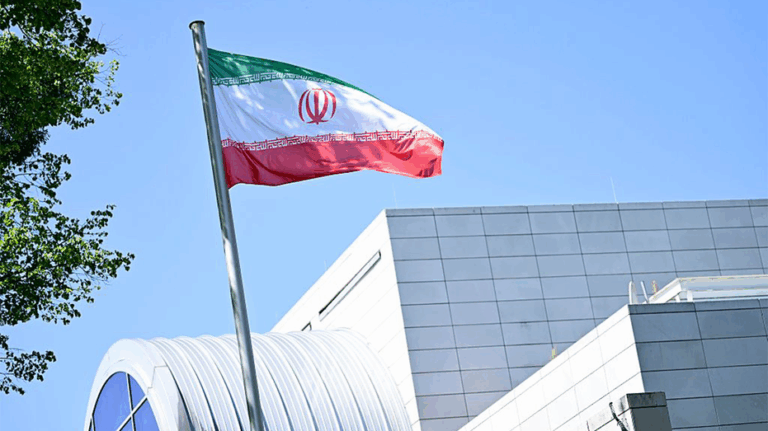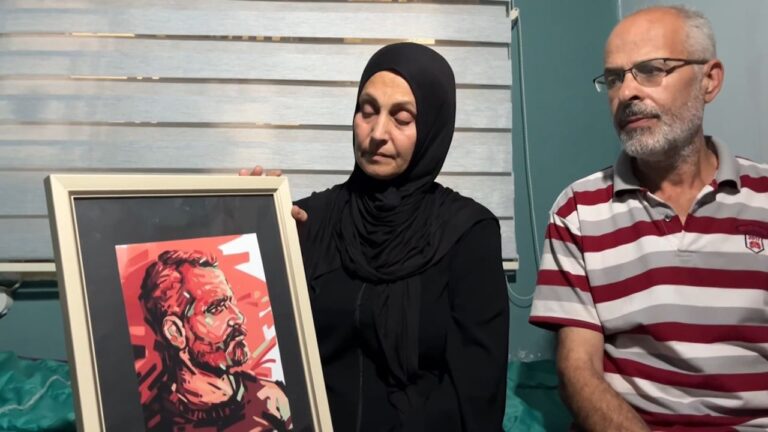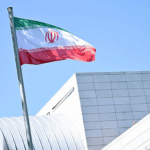ALGIERS, Algeria — In a decision that has further strained diplomatic relations between Algeria and France, an Algerian court on Tuesday upheld the five-year prison sentence of Franco-Algerian author Boualem Sansal. The ruling has intensified concerns over freedom of expression in Algeria, with prosecutors having sought the maximum penalty of 10 years during last week’s appeal hearing.
Boualem Sansal, renowned for his novel “2084: The End of the World,” was originally charged in March under Algeria’s anti-terrorism laws. He was convicted of “undermining national unity,” a charge stemming from comments made in a French media interview where he questioned Algeria’s borders, suggesting they were altered during French colonial rule to include lands historically belonging to Morocco. His arrest and subsequent conviction have turned him into an unexpected symbol of free speech, drawing support from a diverse coalition of francophone writers, European lawmakers, and even members of France’s far-right.
Diplomatic Strains and Historical Context
The case unfolds amid a period of heightened tension between Algeria and France, exacerbated by the ongoing dispute over the Western Sahara. Algeria’s foreign policy has long been influenced by its support for the Polisario Front, a pro-independence group operating from refugee camps in southwestern Algeria. France’s recent decision to back Morocco’s sovereignty plan over the disputed territory has further complicated relations.
Analysts argue that Sansal’s case is symptomatic of the broader diplomatic fallout. “Sansal has become collateral damage in a geopolitical chess game,” noted Dr. Amel Boubekeur, a researcher specializing in North African politics. “Algiers is using his case as a political lever against Paris.”
Public Opinion and Political Reactions
The reaction to Sansal’s conviction has been mixed within Algeria. While many citizens oppose the imprisonment of writers, others view his remarks on the nation’s borders as a direct affront to Algerian sovereignty and patriotism. The Algerian president, Abdelmadjid Tebboune, criticized Sansal in a parliamentary address, further polarizing public opinion.
French officials, including President Emmanuel Macron, have actively lobbied for Sansal’s release. In a March phone call, Macron appealed to President Tebboune, emphasizing Sansal’s advanced age and health issues as grounds for clemency.
Health Concerns and Potential Clemency
Sansal, aged 80, is currently battling prostate cancer and has spent part of his detention in a prison hospital. His supporters are hopeful that President Tebboune might grant a pardon during Algeria’s upcoming Independence Day celebrations, a time when the government traditionally releases selected prisoners as part of a national amnesty.
“The timing is critical,” warned a spokesperson for Sansal’s support group. “His health is deteriorating, and a pardon could be his only chance for survival.”
Implications for Free Speech and Future Relations
The case has sparked a broader debate about freedom of expression in Algeria and its implications for international relations. Observers note that the outcome could set a precedent for how dissenting voices are treated in the country.
Meanwhile, the diplomatic rift with France continues to widen, with potential repercussions for bilateral cooperation in areas such as trade and security. “This case could be a turning point,” said Dr. Boubekeur. “Both nations need to find a way to navigate these tensions without compromising fundamental rights.”
As Algeria prepares to mark its Independence Day, the world watches closely to see if clemency will be extended to Sansal. The decision could have lasting impacts on both domestic policy and international diplomacy.


























